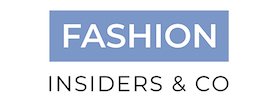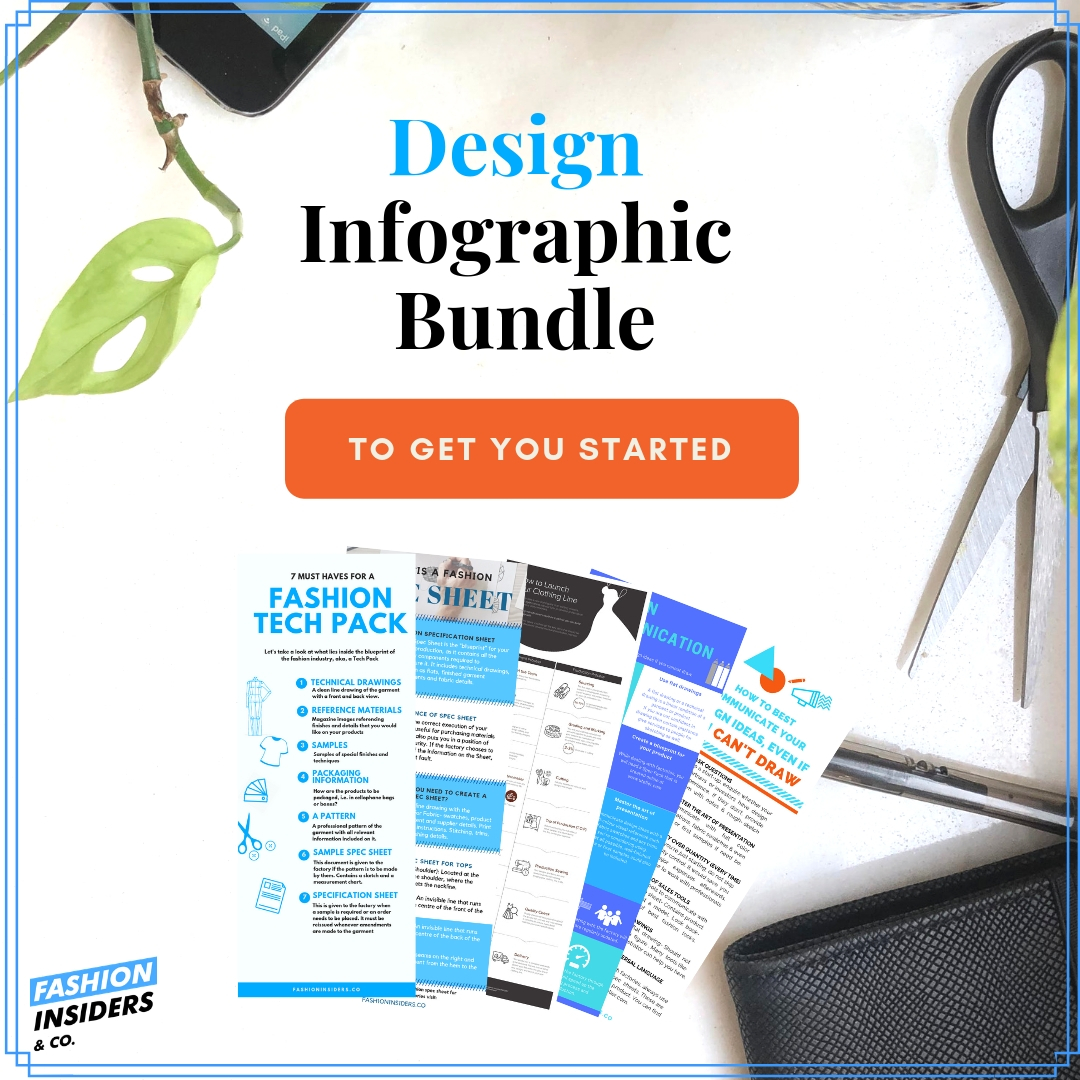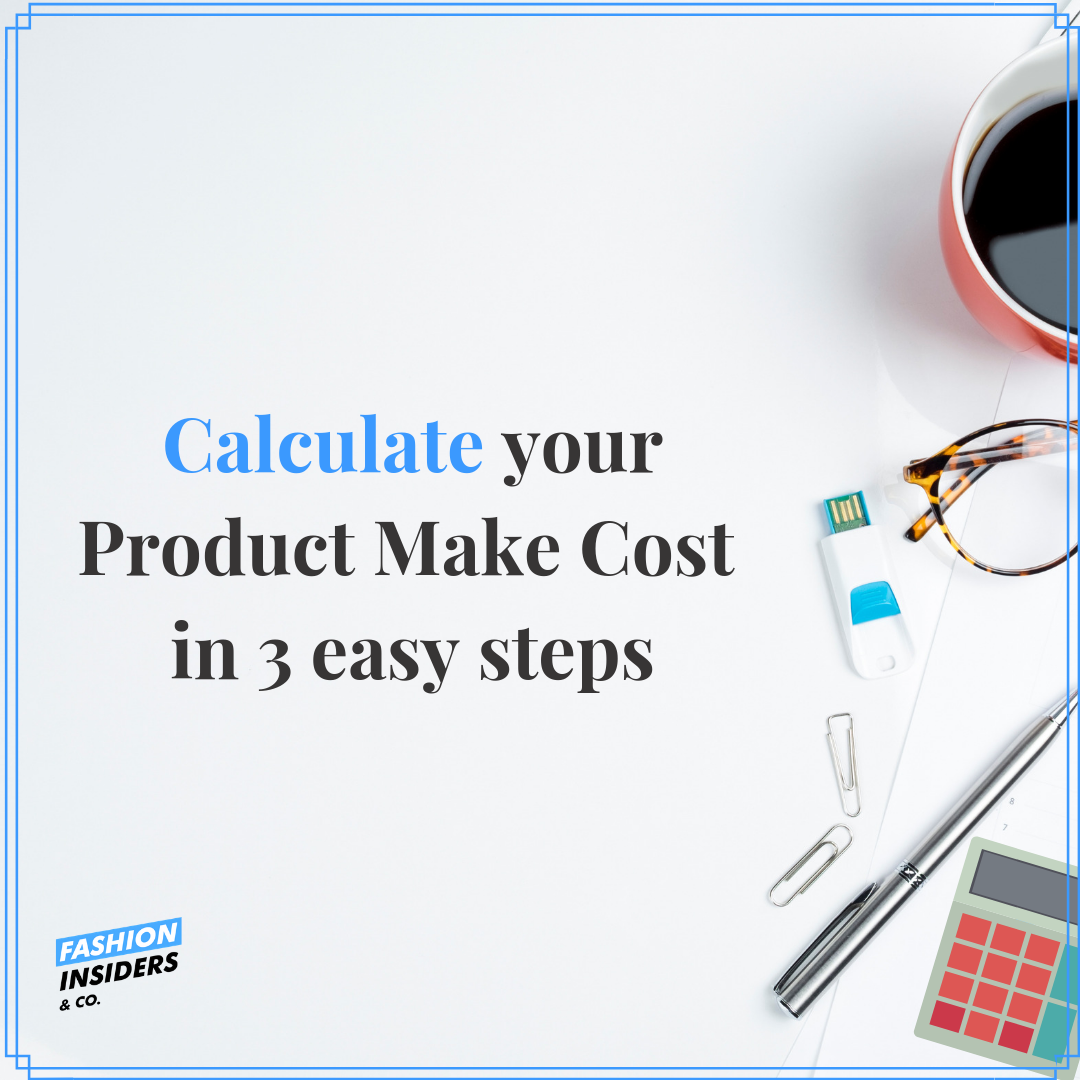How to find a good factory to make your product? A common question anyone looking to turn their fashion idea into a reality will ask countless times. Not because it is hard to find contacts these days, but simply because the prospect of contacting a manufacturer, whether by phone or through email, for the first time can be a scary one. What should you ask, what do they need from you, will they want to work with you?
Learn how to find a factory to make your product and find out the imperative questions to ask and what you must have ready before taking the next step. The success of your business and product depends on finding the winning factory for your idea.
It is important to trust a factory in order to work with a factory. To be able to trust a factory, one needs to ask necessary questions and know all the facts before one jumps into building a relationship with a factory on weak grounds.
WHAT DO YOU WANT TO BE MADE?
When you are trying to find a factory to make your product, one of the most important steps you must take is to explain what you want to be made, verbally and by showing flat drawings, sketches and materials. It’s best to be as detailed as possible as this not only shows that you know a bit about the industry, it also proves that you’re a serious contender for their business.
If you’re unable to draw, compile a selection of magazine tears of similar products from other brands. Include as much reference material as possibl, especially any special finishes and techniques.
Let them know what materials you will be using for your collection. Ask them if they are happy to work with your fabrics of choice. Not all manufacturers work with the same fabrics, so it’s important to select the right one for your particular collection.
WHEN DO YOU WANT YOUR ITEMS?
One of the main questions a factory owner will ask you when discussing a new job will be your critical path. Let the factory know if you have a deadline to meet. It is important to mention this right at the start so you don’t waste their time – or yours – with many questions only to find out the factory is fully booked.
WHAT ARE THEIR MINIMUMS FOR SAMPLING AND PRODUCTION?
Before you approach a factory it is important to be clear within yourself what you are looking for in terms of fashion sampling and manufacturing. There is a wide selection of small order factories as well as larger enterprises.
If you ask what drives the MOQ you may be able to negotiate a lower minimum. Nothing is ever set in stone, even if it may seem to be.
If you’re approaching a larger set-up, be aware that they will have minimum order quantities (MOQ) in place that you may not be able to meet. Even if they may seem doable, make sure you get clear on how these minimums are calculated. Usually, minimums are quoted per style and per colour (and sometimes even per size), but don’t let this put you off. Often if the conversation develops well and the project seems worthwhile to the manufacturer, they may consider it and offer you a grace period during which they will accept lower MOQ. Or if you inquire what drives the MOQ you may be able to negotiate a lower one. Nothing is ever set in stone, even if it may seem to be.
NEW ACCOUNTS
When you are trying to find a factory to make your product, it is important to remember that, good factories are busy and take time to find. They are never short of work nor are they afraid to say “no” to new enquiries.
When having an initial chat with a new manufacturer, do not forget to inquire if they’re taking on new clients. Not all factories have openings for new designers so it’s prudent to ask during the first conversation. If the answer is “no” but you had a good feeling and think this may be THE one, do not just give up and put the phone down. Ask when they may be free, when their downtime is, what are they able to take on. If it still doesn’t go in your favour, ask for recommendations.
LEAD TIMES
Ask what the factory lead times are for producing samples, initial product runs and larger scale production. Enquire about how much time they will really need to produce your items. You may be starting with just one item and as a follow up to that first call, will need to send a sketch or a sample for a rough estimate. If you’re providing all of the materials their quote will be different than if they were sourcing everything. Production lead times will be much longer and quite different to sampling lead times.
CLIENT LIST
Who do they work with? It’s a good idea to ask them about their client list, especially if it isn’t listed on the website. This will give you an idea of their quality and standing in the industry. It also gives you a benchmark for pricing and minimums.
If the manufacturer produces for Primark and you are a mid to high-end designer, then the quality and price will not be a match nor will you be able to likely meet their MOQ expectations.
Beware, however, that some factories may not be willing to disclose who they work for. This in many instances can be interpreted as a warning sign. However, in some occasions, with smaller factories that specialise in high-end intricate work, keeping their client list confidential may be a necessity and a requirement of their clients. In this case, ask for past client list. By talking to past clients you could ask them why they have left and get feedback on some of the areas covered here.
EQUIPMENT
Ask if they specialise in the materials you want to use and if they have the machines for them. Often some factories don’t have the proper machines to use for certain materials.
Try to get a rough idea of the costs of producing your items. It may be better to set your budget in your initial email. This way the manufacturer can tell you whether they can meet it.
How do they charge for sampling and development? Sampling costs differ from production costs.
PATTERNS
Before you contact a factory, be clear on who will be making your patterns. Will you be developing them yourself or using the services of a professional pattern cutter? Some manufacturers also produce their own patterns in-house so it would be wise to ask if they provide this service. Finding a pattern cutter is easy if you have done the right research or have a network.
TOILES & MAQUETTES
These are initial versions of a finished garment or accessory, made up in a cheap material so that the design can be tested and perfected. It’s much easier for a manufacturer to have a toile to work with, especially if they haven’t made your samples. Ensure that they are correctly made with all details such as pocket positions and collar details or strap placement in place.
Be aware that not all manufacturers need toiles so save yourself time and money by enquiring.
SPEC PACKS
A Spec Pack is a blueprint for your sample production, as it contains all the necessary components required to manufacture it. It will enable the manufacturer to understand your vision, to view your list of ingredients and proceed with clear instructions on how to make your product.
If you have a Spec Pack (contains a Fashion Spec Sheet), tell the manufacturer at the beginning of the conversation. It’s unusual, these days, to be taken on by a factory if you don’t have one.
LARGE ORDERS
If your business plan references growth, but you are talking to a small factory, then it would be wise to inquire as to whether the manufacturer can accommodate this plan. While it is not the end of the world if they are not able to accommodate prospective business growth, knowing this in advance will allow you to keep searching for a secondary factory.
It is never a good idea, no matter what your business plan is, to only have one factory, and in effect have “all your eggs in one basket.”
QUALITY CONTROL
Ask the factory whether they have their own quality control in place. Is there a clearly designated area and personnel who perform these duties? If they don’t, this may be a warning sign and worth asking more questions to understand why this important function is not prioritised in the factory. Should you chose to work with a factory that does not have quality control measures in place, you will have to deal with this yourself. It’s important that you address this and not just assume that they will deal with it.
PRODUCTION PROBLEMS
No production goes perfectly to plan in fashion. Especially for those new to the industry. Therefore it is important to ask how the factory deals with production issues, should they arise. How and when they accept responsibility, what happens if your customer returns an item that is faulty due to manufacturing issues? Ask them what their policy is in regards to returns.
Do you have any questions about how to find a factory, or have some insight that isn’t covered here? Drop them in the comments section below.
[convertkit form=789970]




